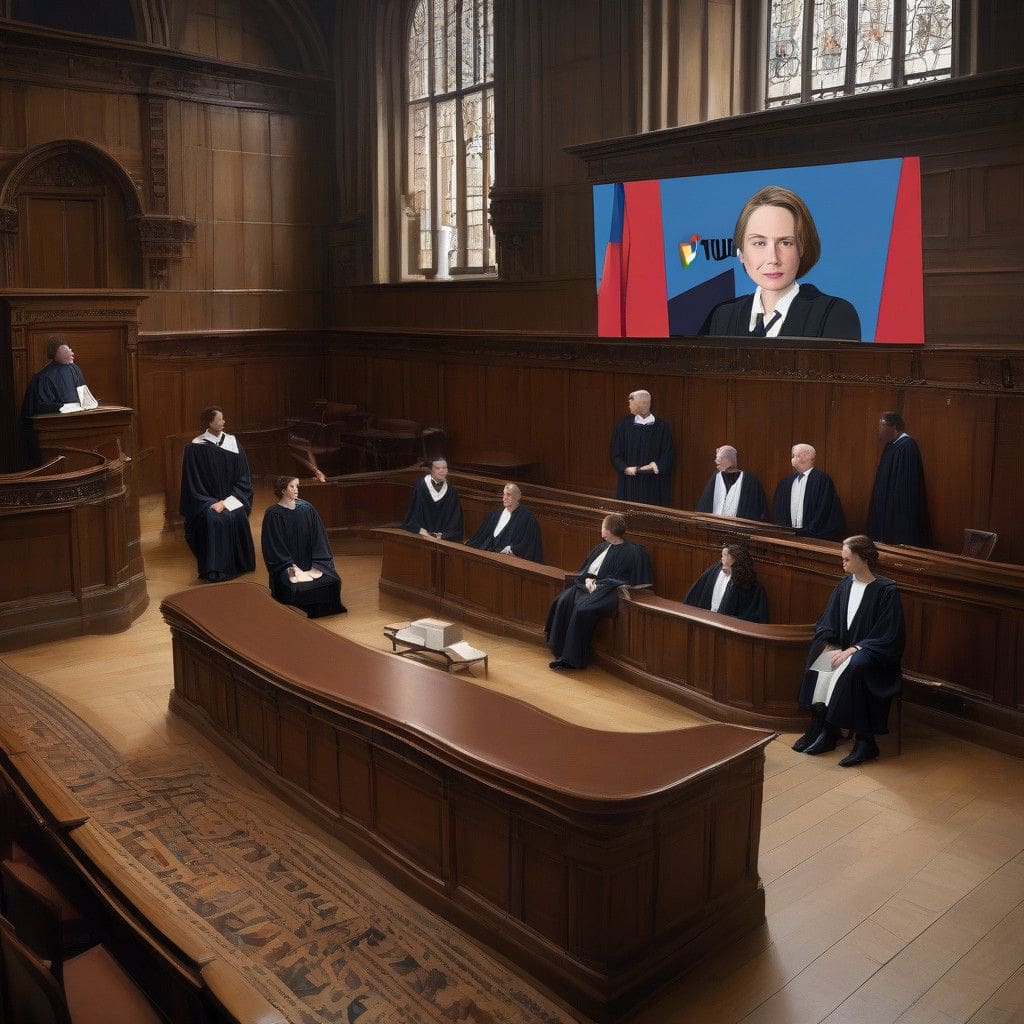In a significant legal victory for Google, the UK High Court has ruled in favor of the tech giant in a trademark dispute concerning its popular platform, YouTube Shorts. This decision not only has implications for Google’s branding strategies but also highlights the complexities surrounding intellectual property rights in the rapidly evolving digital landscape.
The case originated when Shorts International, a UK-based company renowned for its short film offerings, filed a lawsuit against Google over the use of the term “Shorts.” The company argued that Google’s video-sharing platform was infringing on its established trademark. Shorts International’s contention was primarily based on the premise that the similarity in names could lead to consumer confusion, potentially diluting the distinctiveness of their brand.
However, in his ruling, Judge Michael Tappin of the London High Court found no substantial likelihood of consumer confusion between Shorts International’s brand and YouTube’s Shorts platform. He noted that the public clearly associates the “Shorts” feature with YouTube, which has been heavily marketed and widely recognized since its launch in 2020, chiefly as a response to the meteoric rise of TikTok and similar platforms.
Lindsay Lane, Google’s attorney, effectively argued that the branding was so distinctively tied to YouTube that it eliminated any potential for misunderstanding among consumers. The evidence presented in court demonstrated that the user interface of YouTube Shorts, along with its prominent branding and marketing strategies, made it clear that the platform was a product of Google’s YouTube brand.
Judge Tappin emphasized that the use of the term “Shorts” by YouTube would not harm the reputation or distinctiveness of Shorts International’s trademark. This decision not only brings a closure to the trademark claims but also reinforces the importance of distinct branding in the digital content arena. The court’s dismissal of all infringement claims underscores the challenges faced by companies navigating the legal frameworks of trademark laws when common terms are involved.
This ruling is significant in establishing precedent in the tech and media industries, especially as more companies explore new content formats and branding strategies that lean towards popular culture and shared terminologies. The outcome highlights a critical awareness among businesses about the nuances of trademark registration and the need for vigilance in protecting intellectual property.
As digital platforms continue to innovate and expand, the importance of strategic brand differentiation and robust legal support cannot be overstated. Companies must engage in thorough market research and analysis to ascertain whether their branding might infringe on existing trademarks, avoiding potential legal disputes such as the one encountered by Shorts International.
Furthermore, this case illustrates the ongoing tension in intellectual property law, particularly within the digital landscape where new terms often emerge from cultural trends. The ruling may invigorate other businesses to rethink their branding strategies, ensuring that their names and services remain distinct in an increasingly crowded marketplace.
In the end, Google’s victory in this case not only solidifies its claim on the term “Shorts” within the context of its platform but also serves as a cautionary tale for companies about the importance of brand clarity and consumer perception. The ruling reinforces that existing trademarks will be upheld when there is a clear differentiation in consumer understanding and association with a brand.












